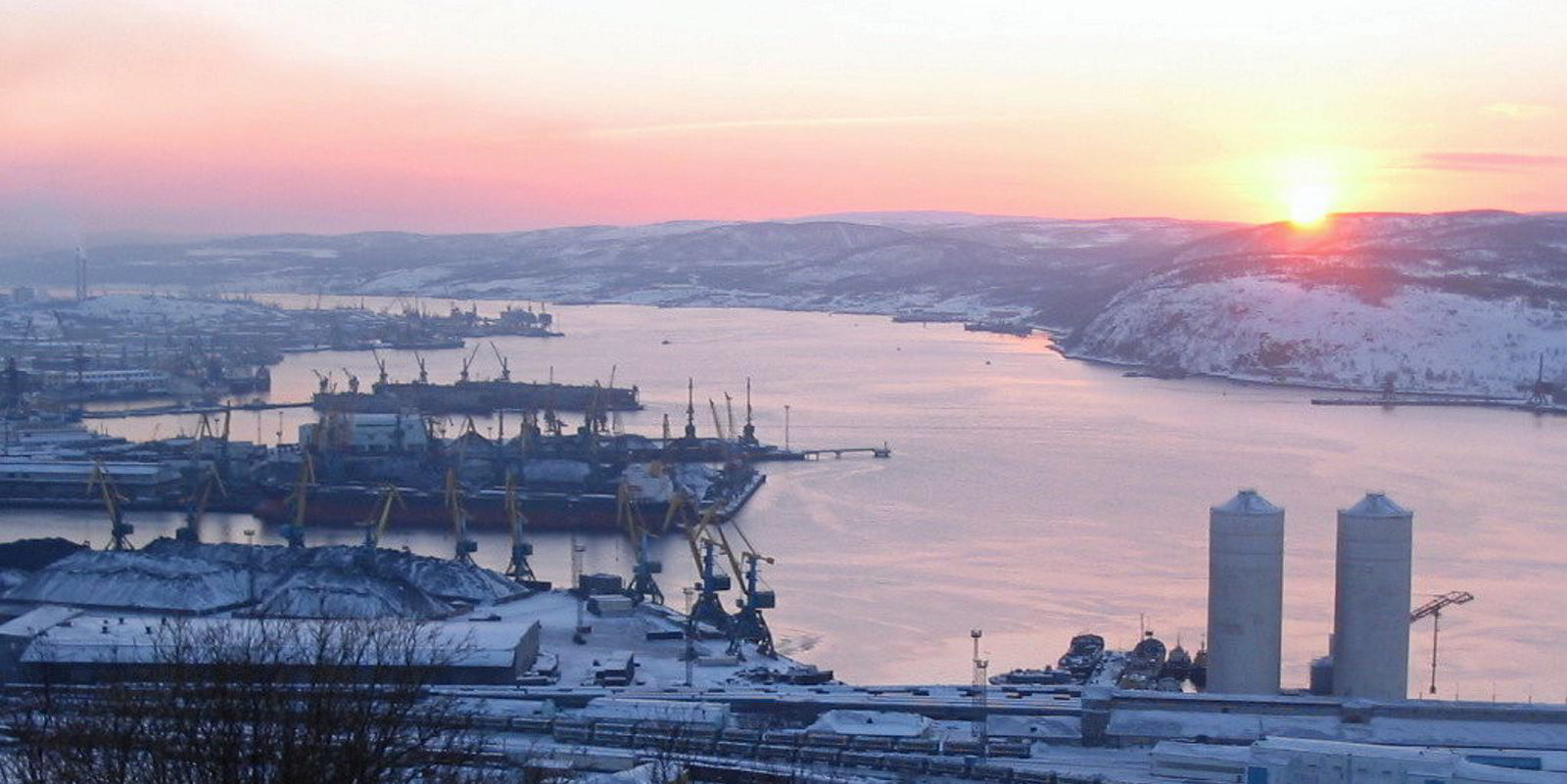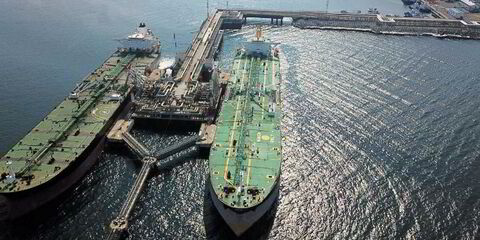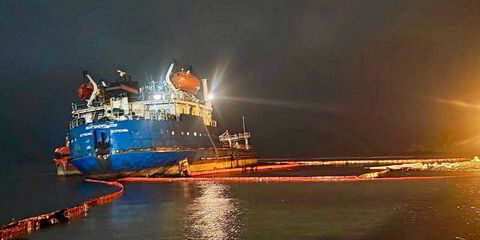The trade in Russian crude oil could be disrupted by the decision by Vladimir Putin’s government to conscript seafarers to fight in Ukraine, a leading union warns.
The Seafarers’ Union of Russia, which represents 77,000 mariners, said 40% of crew members on ships flying the Russian flag are subject to conscription for military service.
A witness said that five people were removed from one ship by Russian customs and told to return home to wait for their call-up, according to a Twitter post by the Mission to Seafarers.
“These developments can make it difficult to ensure domestic and international shipping, including the transportation of hydrocarbons in the Arctic, as well as [causing] disruption [of] the existing supply chains, including the supply of strategic cargoes,” the union said in a statement on its website.
Russia announced last month that 300,000 reservists with previous military experience would be called up in response to an offensive by Ukrainian forces.
Defence minister Sergei Shoigu said the reservists would help Russia to consolidate territory it held behind a 1,000-km front line in Ukraine. However, the announcement sparked an exodus from those expecting to be called up.
The Mission to Seafarers, the 166-year-old welfare group, said one of its port welfare officers received a message from a Russian seafarer about the call-ups.
“Innocent children are dying, this is some kind of horror,” the seafarer wrote.
“Five removed from our ship by customs clearance and sent home to wait for summons to army. I don’t know what to do next. On anchor awaiting orders now. Please pray.”
The Mission to Seafarers declined to identify the seafarer or provide further information about the incident.
One of the group’s chaplains in Wales, Mark Lawson-Jones, said in a video blog that the group has met Russian seafarers who are “absolutely livid” about Moscow’s move.
“They feel as if they can never return home,” he said.

The Russian seafarers’ union said it has appealed to the ministries of defence and transport to exempt seafarers from mobilisation.
Crew shortages
“It is nearly impossible to replace such a number of crew members,” the group said. “It takes a considerable amount of time to train qualified ratings, not to speak of education of officers, which can take about seven to 10 years.”
The union said there would be crew shortages if all eligible seafarers were called up. It would prevent planned crew changes and could lead to the detention of ships because of the failure to comply with minimum staffing regulations.
The union’s head, Yury Sukhorukov, called on the government to exempt the maritime sector along with other groups such as students.
Twenty-three Russians are reported to have sailed in yachts to South Korea to avoid the military call-up, but most have been refused entry, according to a South Korean lawmaker.
National Assembly member An Ho-young said authorities had admitted only two, as the others did not have proper documents. The rejected Russians were preparing to sail to other countries.
Most of those fleeing conscription have travelled by road, rail and air to Europe and neighbouring countries.
The call-up of the Russian reservists comes after Ukraine last month loosened its martial law regime that had blocked all men aged 18 to 60 from leaving the country at the start of the war.
The government agreed to let cadets in training or seafarers with contracts for ships to take up those places outside Ukraine, subject to the agreement of local military authorities.
But Eastern European crewing specialist Danica Maritime said the loosening of the regulation had not yet led to an uptick in numbers leaving the country for positions on ships.
“They have to get permission from the local military recruitment officer where they live, but it seems they are very reluctant to give them this permission,” said chief executive Henrik Jensen. “The system is in place, but they are not getting seafarers through.”




